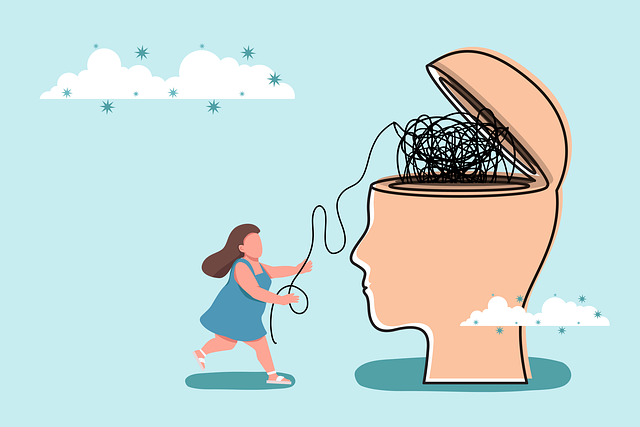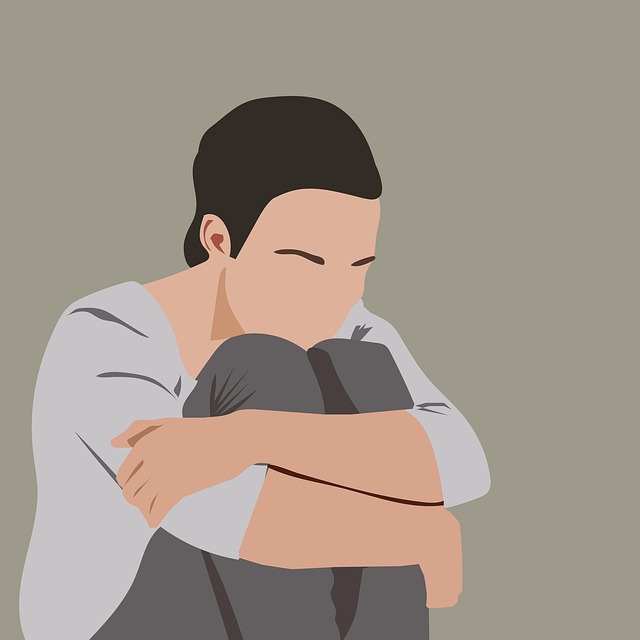Aurora Pain Management Therapy offers a holistic approach to social skills training tailored for individuals with mental health conditions. By addressing confidence, communication, assertiveness, and empathy, their therapists help manage anxiety or withdrawal, reducing stress and improving outcomes. This unique method combines personalized self-care practices with evidence-based strategies like CBT and role-playing, fostering inner strength and emotional healing. Through specialized techniques, clients gain the skills needed to navigate social interactions successfully, improve relationships, and lead more fulfilling lives.
Social skills training is a powerful tool for improving mental health outcomes, especially for individuals navigating conditions that impact their ability to interact with others. This article explores the intricate link between social skills and mental wellness, highlighting how Aurora Pain Management Therapy offers specialized programs to address these challenges. We delve into common difficulties faced by those with mental health conditions in social settings and present effective strategies derived from therapy to enhance social interactions, fostering better connections and overall well-being.
- Understanding the Link Between Social Skills and Mental Health
- The Role of Aurora Pain Management Therapy in Social Skills Training
- Common Challenges in Social Interaction for Individuals with Mental Health Conditions
- Effective Strategies for Enhancing Social Skills Through Therapy
Understanding the Link Between Social Skills and Mental Health

Social skills training plays a pivotal role in managing mental health conditions, especially for individuals seeking holistic care like that offered at Aurora Pain Management Therapy. The connection between social skills and mental wellness is intricate; poor social functioning can exacerbate existing mental health issues, while robust social connections serve as a buffer against stress and promote recovery.
At Aurora, therapists focus on building confidence through targeted training, addressing the root causes of social anxiety or withdrawal often associated with various mental health disorders. By fostering effective communication, assertiveness, and empathy, these skills not only enhance interpersonal interactions but also empower individuals to advocate for their mental wellness, aligning with key aspects of Mental Health Policy Analysis and Advocacy. Ultimately, this holistic approach contributes to improved mental health outcomes and a higher quality of life.
The Role of Aurora Pain Management Therapy in Social Skills Training

Aurora Pain Management Therapy offers a unique and holistic approach to social skills training, focusing on fostering inner strength and emotional healing processes within individuals dealing with mental health conditions. This therapeutic method goes beyond traditional talk therapy by integrating self-care practices tailored to each individual’s needs. Through specialized techniques, the program helps participants navigate social interactions with enhanced confidence and resilience.
By engaging in Aurora Pain Management Therapy, clients can learn effective strategies for managing their emotions during social situations, leading to improved communication and relationship building. The therapy sessions encourage personal growth, teaching valuable self-care practices that are essential for maintaining mental well-being. This comprehensive approach not only equips individuals with better social skills but also empowers them to embrace a more balanced and fulfilling life.
Common Challenges in Social Interaction for Individuals with Mental Health Conditions

Individuals with mental health conditions often face unique challenges when it comes to social interactions. Conditions like depression or anxiety can significantly impact an individual’s ability to communicate and connect with others, leading to feelings of isolation and loneliness. Simple tasks such as initiating conversations or maintaining eye contact may seem daunting, causing many to withdraw from social situations altogether. This withdrawal can exacerbate symptoms and contribute to a cycle of burnout prevention, making it crucial for these individuals to develop strategies to enhance their social skills.
At Aurora Pain Management Therapy, we recognize the interconnectedness of mental health awareness and social well-being. Our approach to therapy involves equipping individuals with tools to navigate these challenges, fostering a sense of belonging and improving overall quality of life. By addressing these social barriers, we aim to empower clients to engage more fully in their communities, promoting depression prevention and enhancing their ability to seek support from others.
Effective Strategies for Enhancing Social Skills Through Therapy

Social Skills Training plays a pivotal role in enhancing mental health and overall wellness, especially for individuals managing conditions that can impact social interactions. At Aurora Pain Management Therapy, our expert therapists employ evidence-based strategies tailored to each client’s unique needs. These methods not only facilitate better communication but also foster self-esteem improvement, crucial elements in the development of effective Mental Wellness Coaching Programs.
Through a combination of cognitive behavioral therapy (CBT), role-playing exercises, and group discussions, we help individuals navigate social situations with confidence. CBT focuses on identifying and modifying negative thought patterns that may hinder social engagement. Role-playing allows for safe practice of interpersonal skills while receiving immediate feedback from therapists. Group sessions encourage peer support, promoting a sense of belonging and reducing feelings of isolation commonly associated with mental health conditions. By integrating these effective strategies into our practices, Aurora Pain Management Therapy empowers individuals to strengthen their social connections, ultimately contributing to improved mental wellness outcomes.
Social skills training, especially through innovative approaches like Aurora Pain Management Therapy, plays a pivotal role in improving mental health outcomes. By addressing common challenges in social interaction, this therapy empowers individuals with effective strategies to navigate and enrich their social lives. Incorporating such training as part of comprehensive care plans can significantly enhance overall well-being, providing a supportive network that promotes healing and fosters meaningful connections.








